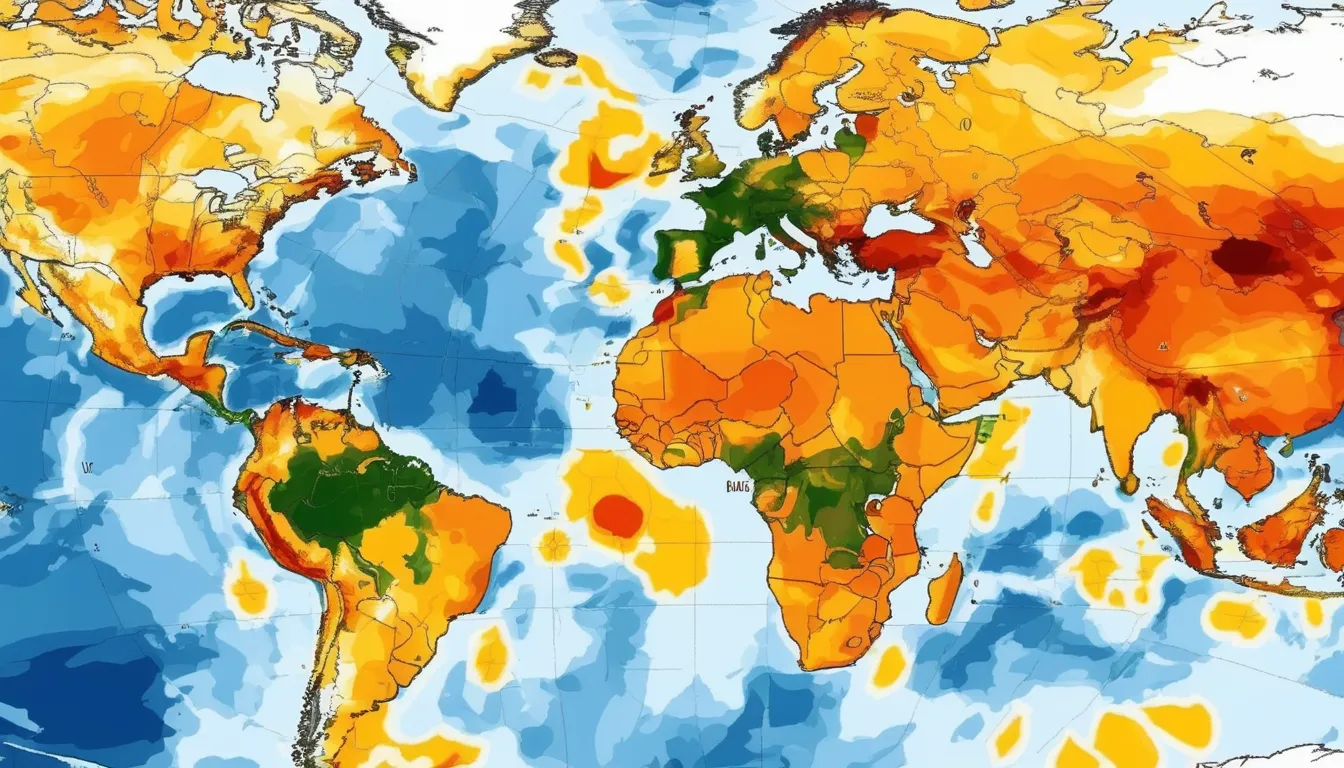
Global Inflation Surge: Economists Warn of Economic Slowdown Amid Rising Prices
Global inflation rates have surged to 7.2%, the highest in over a decade, as of July 25, 2024, driven by supply chain disruptions, rising energy costs, and geopolitical tensions. The International Monetary Fund (IMF) has warned of potential economic slowdown due to the impact on consumer spending and economic stability. Central banks are contemplating tightening monetary policies to address inflation, but this may slow economic growth and increase borrowing costs. The global economic community is closely watching the situation as efforts continue to balance inflation control with sustaining growth.
In a growing economic concern, global inflation rates have surged to their highest levels in over a decade, prompting warnings of a potential economic slowdown. Announced on August 5, 2024, the latest data reveals that inflation has reached unprecedented levels, impacting everything from consumer goods to energy prices.
According to recent reports from the International Monetary Fund (IMF), global inflation has risen to an average of 7.2%, driven by a combination of supply chain disruptions, increased energy costs, and geopolitical tensions. Major economies, including the United States, the Eurozone, and emerging markets, are experiencing significant price hikes, which are straining household budgets and affecting economic stability.
IMF Chief Economist Dr. Laura Thompson noted, "The current inflationary pressures are severe and widespread, posing a risk to economic growth. Rising prices are impacting consumer spending and could potentially lead to a slowdown if not addressed effectively."
Central banks around the world are facing mounting pressure to respond to the inflation crisis. Some are considering tightening monetary policies, such as increasing interest rates, to curb inflationary pressures. However, this approach carries the risk of slowing down economic growth and increasing borrowing costs for businesses and consumers.
The global economic community is closely monitoring the situation, with discussions focusing on balancing inflation control with sustaining economic growth. The outcome of these efforts will be critical in determining the future economic landscape and stability.



0 Comments